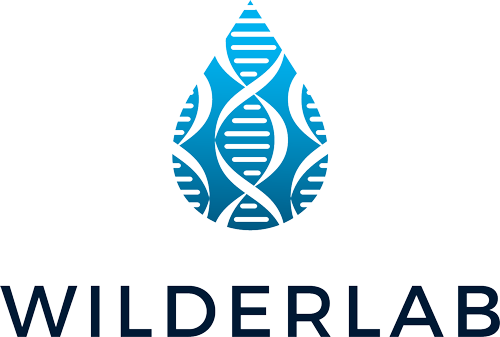Introducing our new kākahi metabarcoding assay
Image by Amy Gault
Aotearora New Zealand’s native freshwater mussels, kākahi, are important parts of freshwater ecosystems and, being filter feeders, are indicators of good water quality. They are also very culturally valuable mahinga kai species, important in stories and proverbs.
Despite being found widespread throughout New Zealand, these species face threats from multiple types of pollution and their numbers are in decline. Being able to establish where kākahi populations are is crucial to their ongoing conservation, hence we are very excited to announce our newly established metabarcoding assay and recent addition to our comprehensive assay panel.
The EA assay has been specifically optimised for detecting kākahi, focusing on a highly specific CO1 (or ‘cytochrome oxidase subunit 1’) region of the genome allowing it to confidently tell apart all three species; Echyridella menziesii, Echyridella aucklandica, and Echyridella onekaka.
To celebrate the incorporation of this new assay, we’re offering a special promotion for any samples which have been processed within the last 12 months to be reanalysed on our new kākahi assay for just $30 (+GST) per sample.
The development of this assay highlights one of the most practical sides of eDNA: we don’t have to return to the field to be able to detect new species if the site has already been sampled!!
If you have samples in mind or any questions at all, get in touch with our team at info@wilderlab.co.nz.

